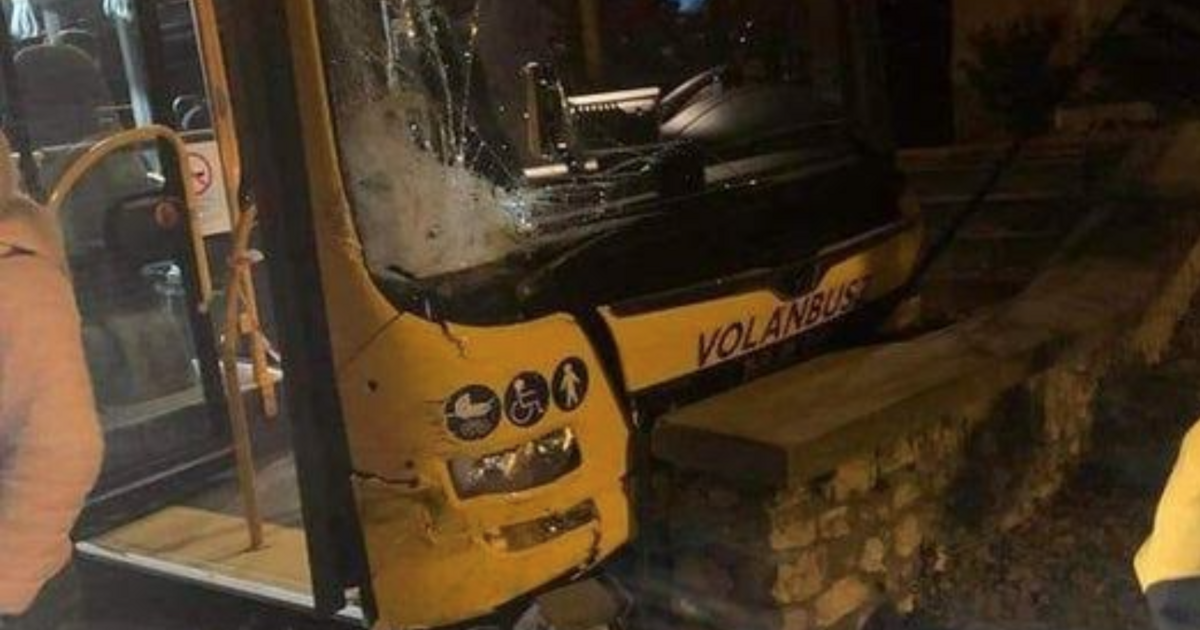Hundreds of farmers in the vicinity of nature reserves have wrongly been given permission to expand, according to NRC. The livestock was legally only allowed to grow if nitrogen emissions remained the same or decreased, but according to the newspaper, the equipment that was supposed to provide this did not meet the conditions and a calculation model created “false certainty”.
The newspaper states that technical means that were supposed to lead to less emissions could not fulfill their promises. A widely used ‘air scrubber’ that purifies the air was found to reduce ammonia emissions by only 59 percent, not the promised 85 percent. The separation of urine and faeces also had a lower efficiency.
In addition, RIVM worked with a calculation model that an advisory committee thought created a false sense of certainty, because it was not suitable for testing individual companies.
Judges cancel licenses
Nevertheless, hundreds of farmers received a permit for expansion, it turned out from a tour of the newspaper. In the past 2.5 years, Friesland, Limburg and Gelderland gave permission about 350 times, in Zeeland, Drenthe and North Holland about ten cases were involved.
The newspaper writes that judges in Utrecht and Friesland have already withdrawn permits several times because of the uncertainties. For example, a judge found that more research should be done to determine whether nitrogen emissions really decreased.
Both provinces have appealed against the rulings and have not changed their procedure. “We are carrying out the law as it is now,” Friesland said.
Although it is not known which companies led to more emissions, experts in the paper say it is certain that it happened. “More animals simply means that more nitrogen is produced. You can capture it, but that doesn’t always go well,” says Professor of Earth Surface Science Franciska de Vries.
–


